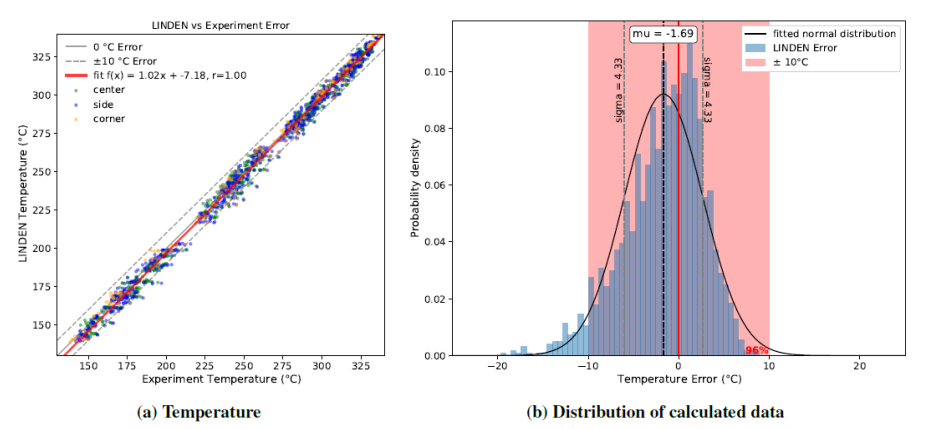Computational tools require formalized procedures for code development, verification and validation (V&V), and debugging.
New reactor designs may require the development of existing computational tools to add specific system components, such as helical coil heat exchangers, or new system fluids, such as molten salts. After major code modifications it is required to ensure the quality of the software through a V&V process.

The code validation step is performed in order to assess the code results in relation to relevant experimental data for the major phenomena expected to occur. This assessment can be evaluated qualitatively by comparing the trends of the parameters and timing of the events, and quantitatively by means of uncertainty evaluation methods, in which the uncertainties associated to the models and correlations of the computers codes are considered.
ENSO staff has more than 15 years participating and contributing in OECD/NEA V&V projects
